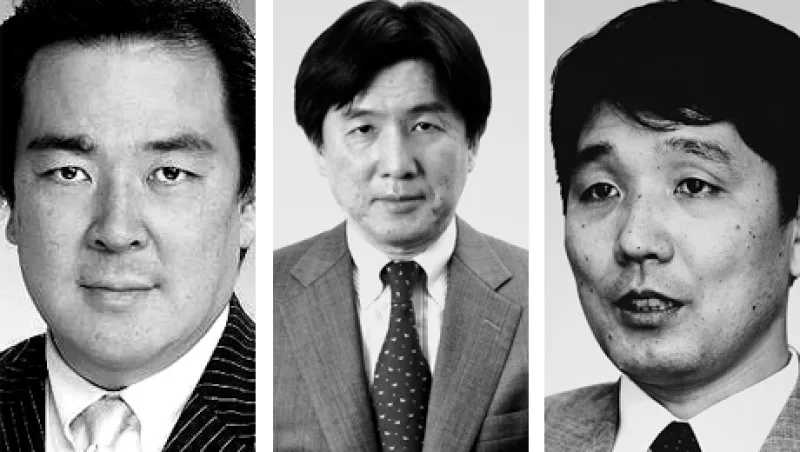
Nomura Excels at Executive Access, Investors Say
Nomura Securities Co. leads the inaugural lineup of Japan’s Top Corporate Access Providers.
Thomas W Johnson
April 8, 2013


